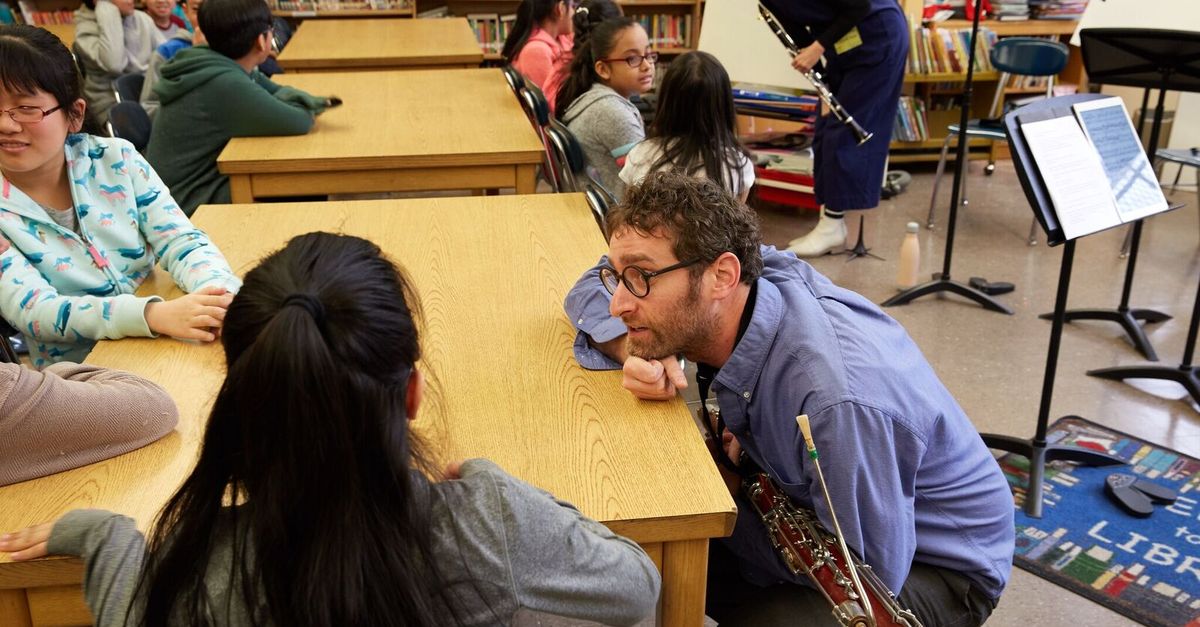Study Explores Relationship Between Music Education and Academic Performance
by James Bennett, II
According to Amsterdam-based neuroscientist Artur C. Jaschke, the Netherlands has a problem. Basically, he says, the country’s educational policymakers can’t figure out whether or not music education should be a core component of general education. And so, along with fellow researchers Henkjan Honing and Erik J. A. Scherder, they set out to conduct what has been reported as the first-ever longitudinal study exploring the effect of music education and the cognitive abilities of children. The result indicated a strong positive correlation between the two.
Jaschke, a former professional drummer and double bassist who later folded his interests into neuroscience research, spoke to WQXR about the study, which tracked the students over a period of two-and-a-half years. “We were interested in examining how music education affected planning, inhibition, working memory, and translating that into academic achievement,” he explained. He went on to discuss how playing music and engaging with mathematics activates and uses the same networks of the brain — it was a clear link to explore.
What makes this study different, though, is its long-term focus. Jaschke admits there was at first some anxiety about results during the first portion of the study. “For the first one-and-a-half years nothing happened, but after that, we started to see the change. It confirmed a longitudinal approach was more effective in studying this relationship than a short-term one.”
The children who were examined in the study were chosen by a third party, eliminating any bias on the researchers’ part. Jaschke revealed the lessons themselves were a mix of practical instrument study and music theory. Children were allowed to choose their instrument but couldn’t take them home, so researchers could track exactly how much time students spent practicing. “They also had theory lessons, not just for classical but also pop and jazz and rock.”
Jaschke is encouraged that the outcome confirmed the hypothesis, and hopes it will push schools in the Netherlands and beyond to consider music education non-optional. “Music is the glue of our culture, and its study shouldn’t just be for elites.”
